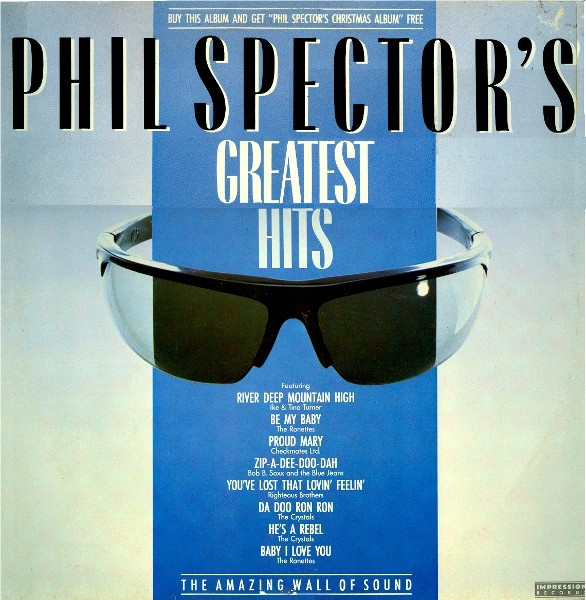Iggy Pop: Lust For Life - 1977
There were still dark themes running through the album, but it is considered more of an Iggy Pop creation than a Bowie one. The Idiot had been seen as a Bowie album with Pop on guest vocals. Furthermore, this album is far more rock-oriented and "in your face" than the previous one. The sound, like on The Idiot, remains scratchy and gritty (words that often get used in describing the songs on both albums), but it sort of suits both the albums. The cover is a departure from the monochrome one of The Idiot which featured a demented-looking Pop. This time we were greeted with a smiling, healthy-looking Pop appearing not unlike Liverpool's Kenny Dalglish. All very positive and above-ground.
This was a daytime-hours album, not an after-dark one. Bowie's self-composed (without Pop) Lust For Life begins with that lively, pounding and kick-ass drum sound that instantly blows away a lot of those dense, dark soundscapes from the previous album. For the album's liveliest number, it was, perhaps surprisingly, an all-Bowie composition. Whatever, it is a classic track, full of great drums and superb riffs.
Sixteen, a Pop composition, is a Stones meets The New York Dolls gritty, US-style punky rocker and Some Weird Sin is a Bowie rocker similar to the sort of material he would do with Tin Machine some twelve years later. The guitar solo in it is positively Ronson-esque, harking back to The Spiders era.
A true proto-post punk classic is The Passenger, written, funnily enough, by lead guitarist Ricky Gardiner, not Bowie or Pop, and containing lots of menacing, urban images - "the city's ripped backside...", for one. Despite that, though, it has an infectious riff and a singalong "la-la-la" chorus. Siouxsie & The Banshees did a great cover of it on their 1987 Through The Looking Glass album.
Tonight, of course, resurfaced recorded by Bowie on his 1984 album of the same name. Here is it is grittier, scratchier and containing an incongruous, Prince-like vocal introduction. The basic melody of the song is there, but the 1984 version is reggae-tinged and this one isn't, being far more industrial rock.
Success is a lively, almost poppy rocker delivered in a sneery, Johnny Rotten-inspired voice. It is a fine example of punk pop. It even has some glammy handclaps and there are considerable later, Loaded-era Velvet Underground echoes in there, for me.
Turn Blue is a seven minute, sombre number that dates back to a collaboration between Bowie and Pop back in the former's drug-addled state in 1975. It is suitably rambling and carries with it hints of Bowie's Somebody Up There Likes Me from 1975's Young Americans and the stop-start, dramatic vocal parts sound just like Prince would use a lot in the eighties. It is a difficult listen, though, and sits rather incongruously with the rest of the album.
Neighborhood Threat was re-recorded by Bowie on the Tonight album probably better than this one, which, although punky and lively, was murky in its sound.
Fall In Love With Me has hints of The Passenger about it, although Ricky Gardiner was not involved in its composition. It is also very Velvet Underground-influenced. Par for the course.










